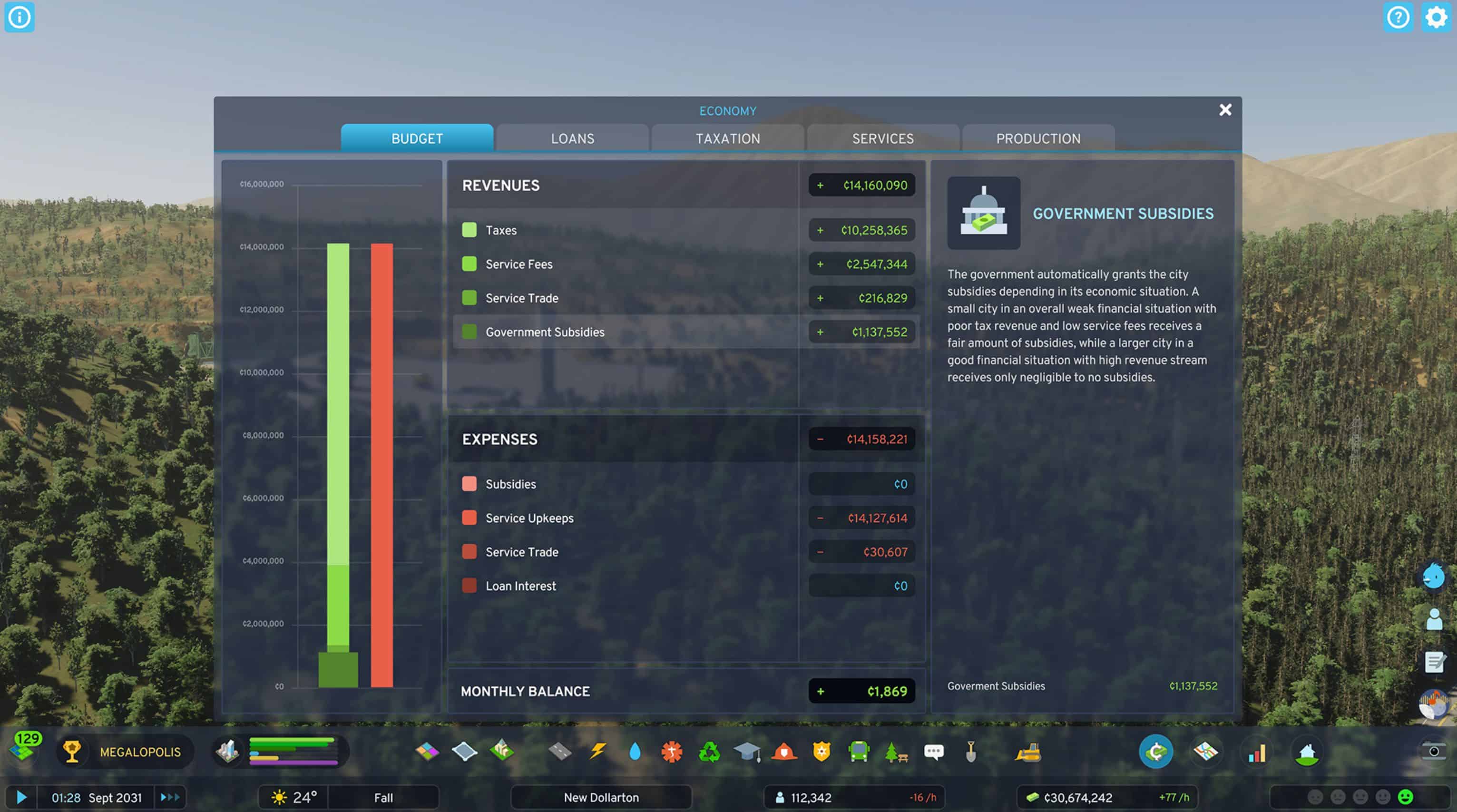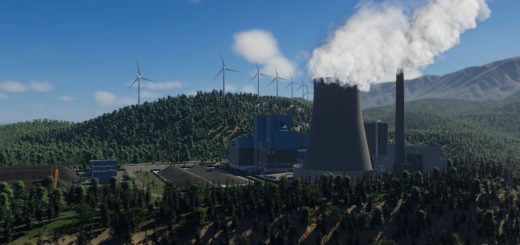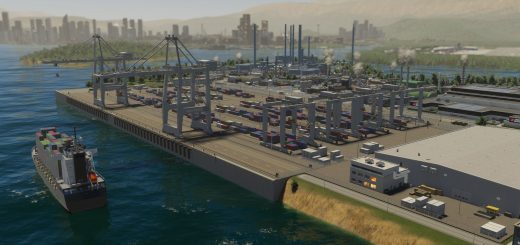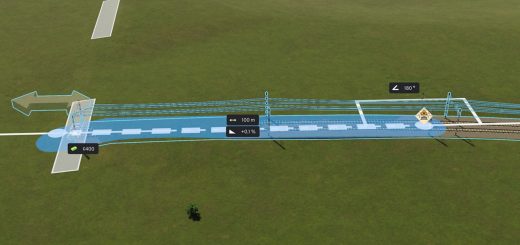Cities Skylines 2: Economic Cycle
The economy operates based on the circulation of various resources between the key players: households, businesses, and municipal services. As the city expands, so does the number of these entities, each monitoring their financial and resource stockpile. These agents aim to strike a balance between their earnings and expenditures, making purchasing or selling decisions according to their prevailing circumstances. Households allocate funds towards resources and housing costs, while businesses purchase resources to transform and subsequently sell either to other businesses or consumers. Businesses also bear the expense of their premises’ rent, factoring this into their profitability calculations. Some city services also utilize resources, reflecting these costs in their monthly maintenance.
Central to the economic simulation are the zones and the interdependent relationships they foster. Households seek residences and employment opportunities. Industrial entities need a steady resource flow, while commercial firms desire an inventory to vend and an audience to cater to. Taxes can serve as instruments to either promote or dissuade specific businesses in the municipality. In scenarios where a resource or product is in surplus, increased taxation can curb its excessive production, simultaneously augmenting the city’s tax revenue. Conversely, if there’s a dearth of a certain resource or product, tax reductions, or even the implementation of negative taxes as subsidies, can attract relevant businesses. By financially supporting resources at the production chain’s inception, businesses downstream benefit by having effortless access to essential materials for their manufacturing endeavors.
It’s crucial to understand that the economic flow isn’t isolated; money doesn’t manifest spontaneously. Factors such as rent, import costs, corporate earnings, and the player’s expenditures serve as financial drains, extracting funds from the economy. Counterbalancing these drains are financial injections, like rent revenues, corporate gains, and the player’s allocations, with half being apportioned among citizens based on educational attainment and the other half being uniformly distributed to commercial properties. Additional financial infusions arise from business and municipal service exports, tourist inflows, and the previously mentioned governmental aids directed at both the city and its residents.








